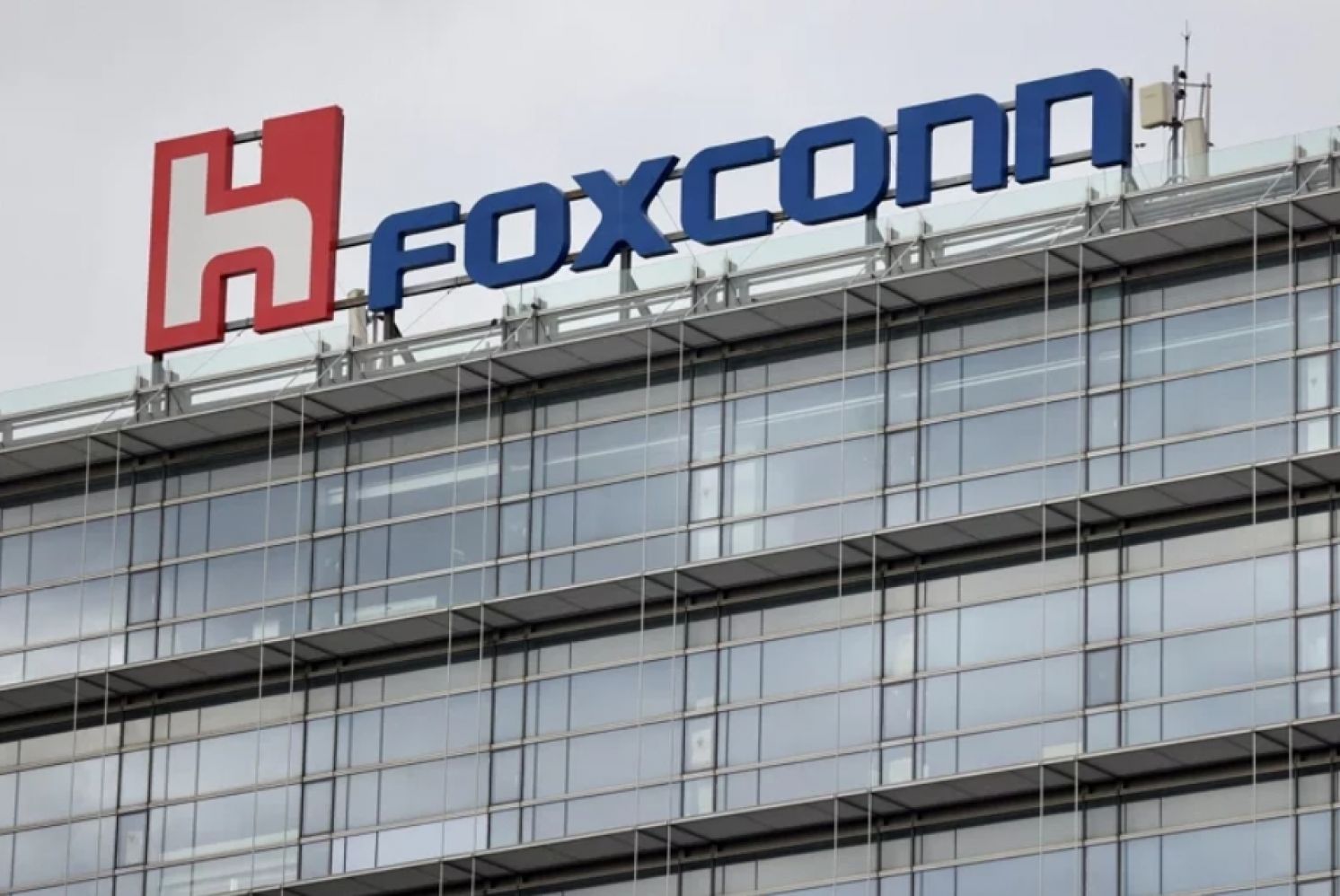
Political and Economic Analysis of Foxconn's Tax Audit in Mainland China
Economic Daily News Editorial, October 25, 2023
Recently, the mainland Chinese government has conducted tax audit and land use investigations on Foxconn Group, a subsidiary of Hon Hai Precision Industry Company. Although mainland officials claim that the actions are legal and administrative, the situation has led to differing interpretations.
Given that Hon Hai founder Terry Gou is currently in the process of gathering signatures to run for president, it is hard not to connect this investigation to the election. Even though Mr. Gou has already stepped down from his role as an Hon Hai group executive, he still holds a considerable number of shares. The tax audit has just begun, and almost all related stock in both Taiwan and the mainland have experienced a significant drop, resulting in a nearly NT$200 billion (about US$6.1 billion) loss in market value in a single day, which is a substantial loss for both Mr. Gou and Hon Hai.
The mainland Chinese authorities said the tax audit is legal and reasonable, and Foxconn has also expressed its willingness to cooperate actively. However, looking at past measures taken by the mainland against Taiwanese enterprises, many are linked to political factors. For example, some Taiwanese companies have faced extensive investigations by the mainland authorities due to their political stance. Taiwanese businesses have also encountered problems for donating to political parties in Taiwan, and some Taiwanese enterprises have been singled out as “green enterprises'' and forced to take a stance. The timing of this tax audit, in the final stages of Mr. Gou’s signature-gathering campaign, along with his previous statements that he does not care about potential threats and sanctions from the mainland, causes more complexity to the issue.
Behind the political considerations, we should also pay attention to the economic implications. Foxconn’s case reflects the challenges commonly faced by Taiwanese businesses in mainland China. Many Taiwanese businesses in the mainland serve as original equipment manufacturers (OEMs) for Western brands. For example, Foxconn, a vital part of Apple's supply chain, has replicated its Taiwan-based OEM experiences in the mainland at a massive scale. By leveraging mass production, it has fully utilized its function as the world’s factory. In doing so, it has also enjoyed various preferential treatments from the mainland in return for contributing to export earnings and job creation.
During the U.S.-China trade war, Taiwanese enterprises in mainland China have had to reduce their scale or even extricate the mainland market due to American efforts to decouple and reduce supply chain dependence on China. This has significantly impacted their operations. Additionally, as the mainland seeks to break through the Western blockade, it has shifted its policy focus, emphasizing domestic market demand, and local brands, encouraging independent innovation, and building an indigenous supply chain. The significance of Taiwanese businesses has diminished, resulting in reduced preferences and a more challenging management environment. Some may even become targets for replacement in the mainland’s next wave of “birdcage renewal.”
With the decreasing importance of Taiwanese businesses, mainland authorities might start to scrutinize areas that were not fully checked in the past, with taxation being a likely focus. Some Taiwanese businesses have faced similar issues before.
Additionally, observing the overall trend, as Western countries promote “nearshoring” to select trusted partners, restrict sensitive domestic enterprises from investing in mainland China, and emphasize building autonomous supply chains, the mainland’s attractiveness to foreign investment has significantly decreased. This has shaken its status as both the world’s factory and the world’s market.
This year, the economic situation in mainland China has been bleak. In the first 8 months, foreign investment decreased by about 5 percent compared to the same period last year; and Taiwanese investment in the mainland dropped by about 8 percent. The proportion of Taiwan’s overseas investment in the mainland has also dropped to a recent low of 17.6 percent. With the weakening of export-driven investment and sluggish demand in the mainland, Taiwan’s export share to the mainland has also significantly decreased.
However, in response to the global containment of the mainland, it has used various favorable measures to attract foreign investments, such as getting rid of foreign companies’ restrictions on manufacturing. It has also put in place a series of control measures, arousing foreign government protests.
In summary, this sudden tax audit action targeting Foxconn has created a chilling effect on Taiwanese businesses and other foreign investors.
Political factors affecting the business operating environment are detrimental to attracting future foreign investments; if China’s investment policies remain opaque, even with numerous preferential policies, its attractiveness to foreign capital and investments will continue to decrease.
Finally, if Taiwan’s investment relationship with mainland China weakens, or reliance on exports to the mainland becomes a long-term downward spiral, how to strengthen the connection between Taiwanese businesses on the mainland and its domestic economy, as well as how to seize the opportunity to expand into more overseas markets, are of utmost importance for Taiwan’s economy.